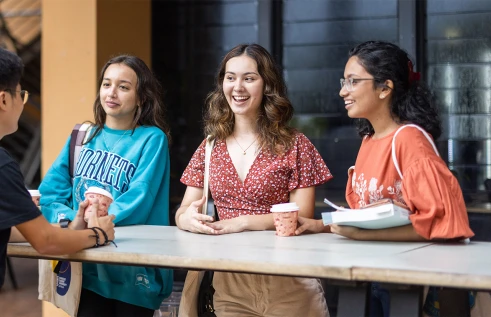For any international student, there will be important information that you need to be aware of before arriving in Australia and commencing your studies.
CDU Global, Student Central, and International Student Support are here to support you in all aspects of your student experience as you navigate your journey of living and studying in Australia.
Explore each of the following pages for more information
-
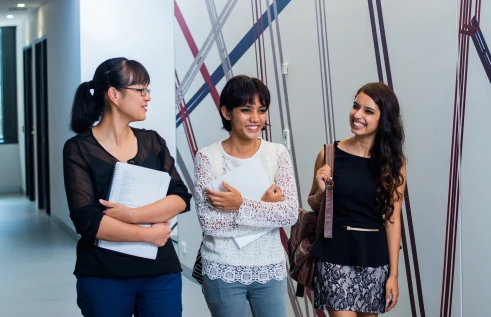
Before you leave home
Moving overseas to study is a big step. Here is some information to help you.
Learn more -
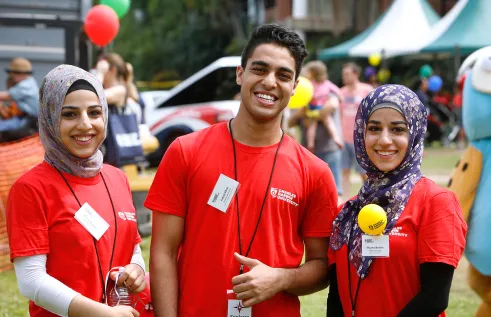
Student visas
You will need a visa to study at Charles Darwin University within Australia.
Student visas -
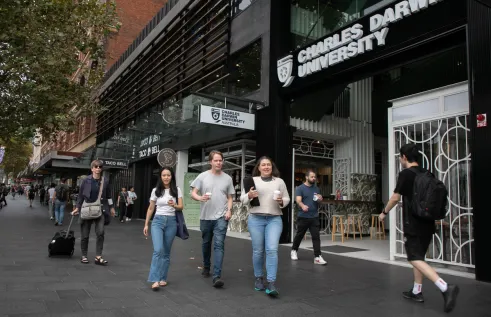
Upon arrival
You've arrived at CDU to begin your Australian study experience. What's next?
Learn more
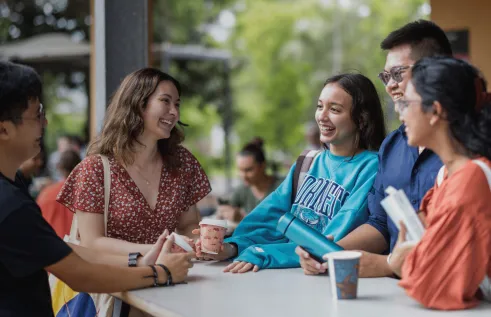
New to CDU checklist
For all new commencing students, this interactive checklist will get you to start well at CDU and settle into student life, one step at a time.
Complete the checklist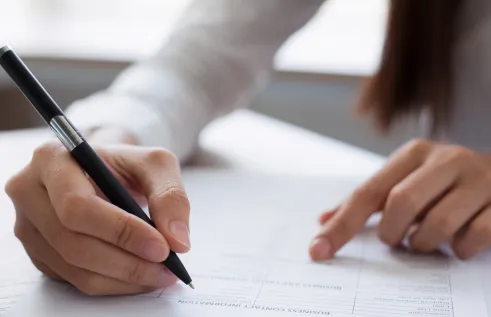
International compliance
It is important that you are familiar with your rights and responsibilities as a student visa holder.
International compliance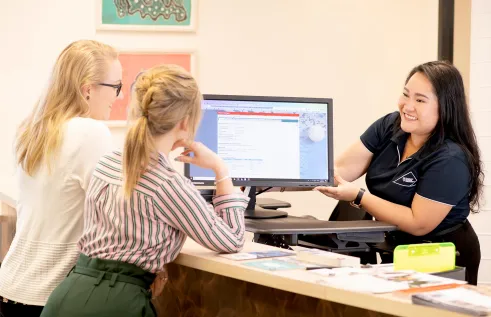
Student admin
From enrolling, timetables and scholarships to exams, assessments, grades and graduations, this is your point of call for all admin tasks as a current student.
Read more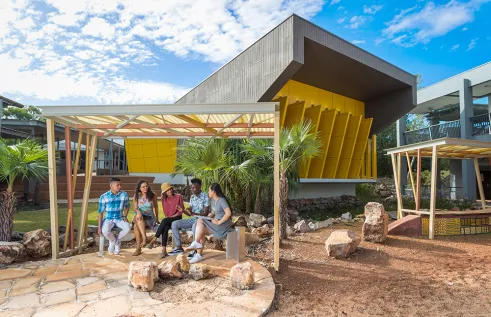
Support for international students
Internal and external student support for international students.
Support for international studentsCharles Darwin University's responsibilities
All Australian universities accepting international students must follow a strict set of laws to ensure the international student is provided with fair and equitable service in accordance with the Education Services for Overseas Students (ESOS) Act 2000. This legislation aims to enhance Australia’s reputation for world-class education, ensure tuition protection, and support the integrity of the student visa program.
Charles Darwin University, along with all education and training providers offering courses to international students studying in Australia on a student visa, is required to:
- Register on CRICOS
- Meet quality assurance standards
- Comply with tuition and financial assurance requirements
- Meet the obligations of registered providers
- Report students who do not comply with student visa conditions to the Department of Home Affairs
